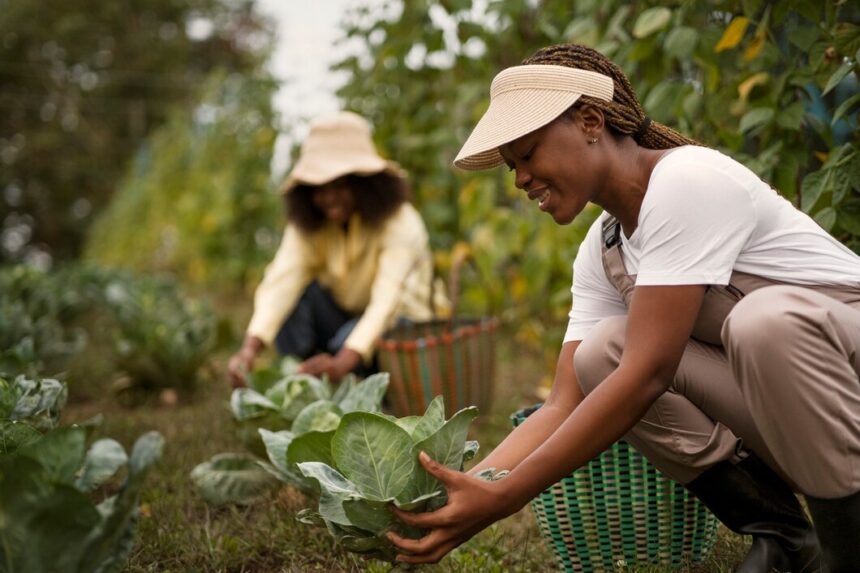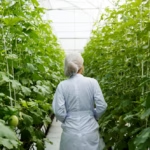Sustainable agriculture is becoming an increasingly vital practice for farmers around the globe, and South Africa is no exception. Faced with challenges such as climate variability, water scarcity, soil degradation, and the pressure to increase productivity without harming the environment, many farmers are turning to sustainable practices. Here’s why embracing sustainable agriculture can be highly beneficial for South African farmers.
1. Enhanced Soil Health
Sustainable farming practices, such as crop rotation, cover cropping, and reduced tillage, help improve soil fertility and structure. These methods prevent soil erosion and nutrient depletion, which are significant issues in many parts of South Africa. Healthy soil leads to better crop yields and can withstand extreme weather conditions, giving farmers more resilience in times of drought or heavy rain.
2. Increased Biodiversity
Integrating sustainable practices encourages biodiversity both above and below ground. By planting a variety of crops and creating habitats for beneficial insects and wildlife, farmers can naturally control pests and reduce dependency on chemical pesticides. Greater biodiversity also helps maintain ecological balance and contributes to healthier ecosystems.
3. Water Conservation
Water is a precious and often limited resource in South Africa. Sustainable agriculture focuses on techniques like drip irrigation, mulching, and rainwater harvesting that conserve water and optimize its use. By managing water more efficiently, farmers can reduce their operational costs and minimize the environmental impact.
4. Long-term Cost Savings
Although transitioning to sustainable practices may require an initial investment, the long-term cost benefits are significant. Techniques such as organic farming, using renewable energy sources, and maintaining soil health reduce reliance on expensive chemical fertilizers and pesticides. These savings contribute to better financial stability over time.
5. Climate Change Mitigation
Agriculture is both impacted by and a contributor to climate change. Sustainable practices can help South African farmers lower their carbon footprint by reducing greenhouse gas emissions. For example, agroforestry and no-till farming help sequester carbon in the soil, making farms a part of the solution rather than the problem.
6. Better Market Opportunities
There is growing consumer demand for sustainably produced goods. Farmers who adopt these practices may find new market opportunities, especially with export products. Sustainability certifications and eco-friendly branding can help increase the value of their produce and attract a broader range of buyers who prioritize environmentally responsible products.
7. Community and Economic Benefits
Sustainable agriculture often emphasizes community involvement and local food systems. This can bolster local economies by creating jobs, supporting small businesses, and ensuring that farming practices are not only profitable but also beneficial to the surrounding communities. Sustainable farms can become a model for others, sharing knowledge and practices that uplift the entire agricultural sector.
Transitioning to sustainable agriculture offers South African farmers a pathway toward greater resilience, profitability, and environmental stewardship. By prioritizing soil health, conserving water, and reducing their carbon footprint, farmers can secure a prosperous future while safeguarding the country’s natural resources for generations to come.









